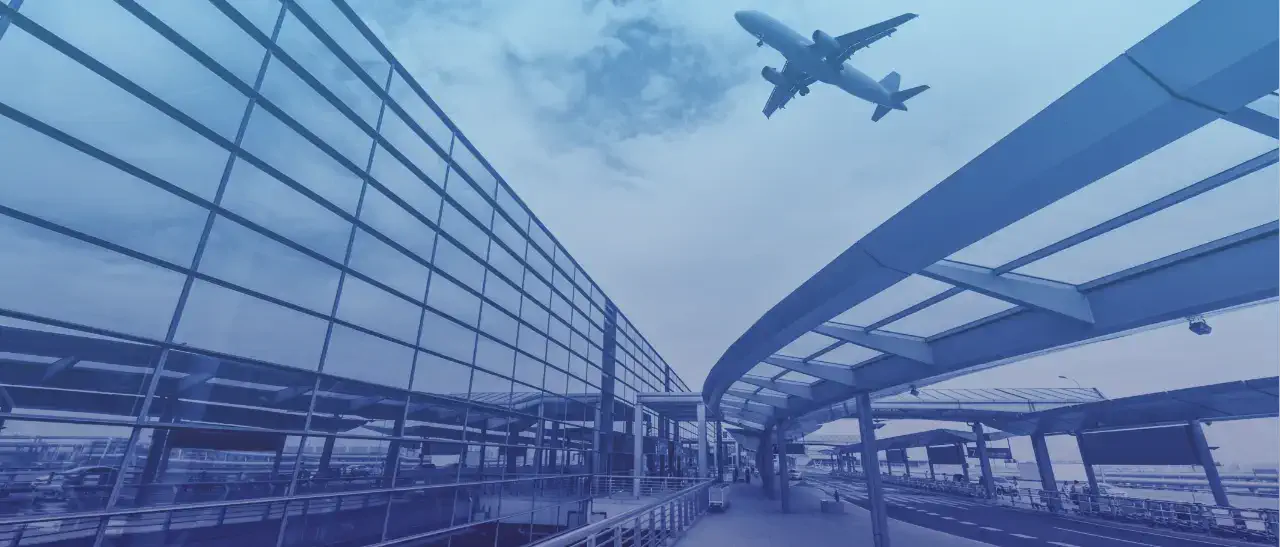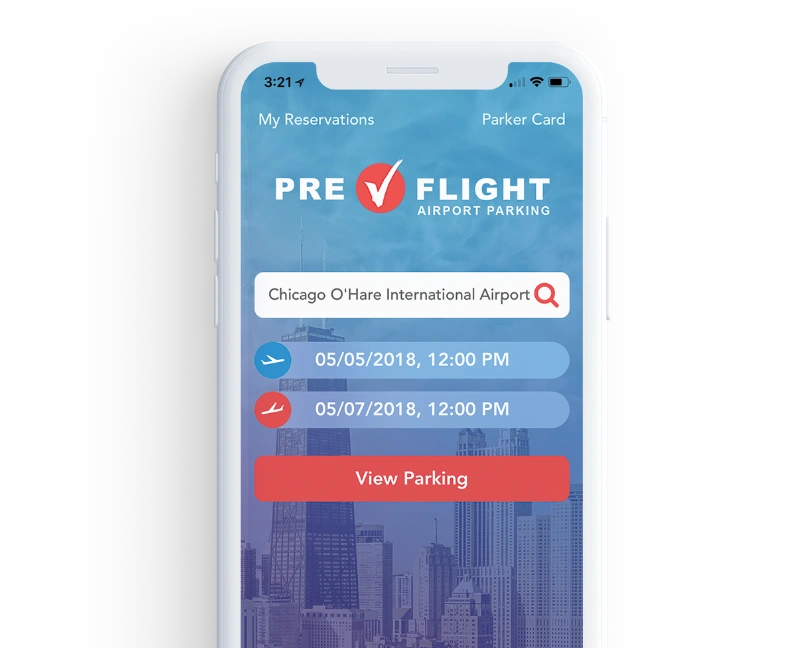
Preflight makes parking near the airport easier
What our customers are saying
Excellent service
"From pick up to drop all the customer service representatives were so nice and courteous. The buses were clean and fresh. The process was smooth fron start to finish. Will park here again."
- Kimberly Wright, Atlanta (ATL)
Always a positive experience
"I have been parking here over the past 20 years when flying out of Logan. Always reliable friendly service. I would not consider any other lot."
- Steve G, Boston (BOS)
Always a pleasure
"I have used this preflight for years and every time it has been a pleasure. Reserving a spot is easy, finding parking is never difficult and I never have to wait long for a shuttle. They are cheaper than parking at O'Hare and I don't have to deal with O'Hare traffic."
- Nick, Chicago (ORD)

Frequent Parker Program

Earn Free Parking.

Earn a future free day of parking for every seven days you parked with us.

Access to all member features, and benefits in our mobile app.

Earn Free Parking

Earn a future free day of parking for every seven days you parked with us.

Access to all member features, and benefits in our mobile app.


PreFlight Parking App
- Create, access, and manage your reservation on the go!
- Quick and easy access to view our shuttle tracker.
- Redeem free parking in the app!


PreFlight Locations
 Atlanta
Atlanta Boston
Boston Chicago
Chicago Phoenix
Phoenix PreFlight Locations
 Atlanta
Atlanta Boston
Boston Chicago
Chicago Phoenix
Phoenix PreFlight Locations
Corporate Headquarters
200 North LaSalle Street Suite 400
Chicago, IL 60601
Customer Service Hours
8 am - 5 pm CST Mon-Fri